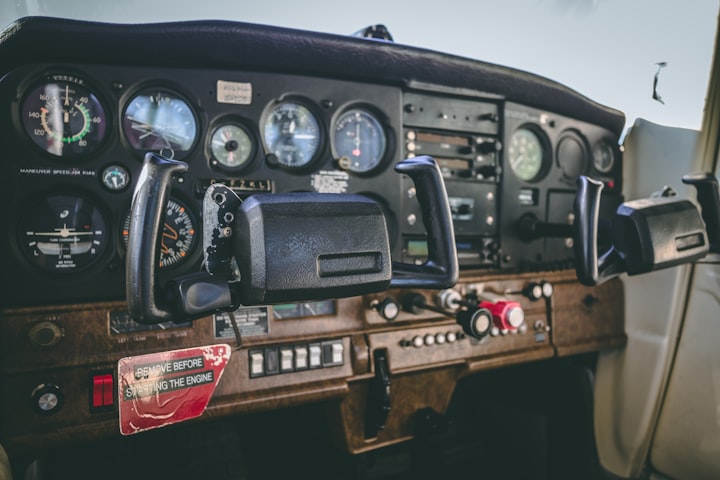Introduction:
Mechanical steering systems are key to controlling cars and boats properly. They help with tight turns on the road to steer vessels through challenging waters. These systems make travel safe and relate directly to efficiency. Let's check out how crucial mechanical steering solutions are in the car and boat industries, their main parts, and the technological advances making them better.
Importance of Mechanical Steering:
Whether for cars or boats, steering systems are vital for safety and efficiency. Mechanical steering provides reliable, direct control over cars and boats. This lets drivers and captains feel confident while traveling. Any car on twisty roads or a boat in choppy waters highly depends on the steering system. It creates an important connection between the person driving and the car or boat.
Components of Mechanical Steering Systems:
Steering Wheel: This is how a driver or operator controls the vehicle or boat.
Steering Column:This connects steering inputs from the wheel to the steering gear.
Steering Mechanism: This turns the wheel's spin into side-to-side moves to turn the wheels or rudder.
Tie Rods/Connecting Rods: These pass the steering movement from the gear to the wheels or rudder.
Rudder (for boats): This determines the boat's direction in the water.
Advancements in Mechanical Steering Technology:
Over time, technological improvements have boosted mechanical steering system. They're now better performing, more reliable, and more efficient. Take a look at some key improvements:
Variable Ratio Steering: These systems recalibrated steering based on the car's speed. They help your vehicle handle better and respond faster.
Electronic Steering Controls: Electronic sensors and control parts are integrated. They enhance precision and steadiness.
Corrosion-Resistant Materials: Advanced materials are used to fight wear and tear. These are great for marine environments where corrosion is an issue.
Power-Assisted Steering System: By adding hydraulic or electric systems, steering becomes easier, particularly in heavy-duty settings.
Applications of Mechanical Steering in Automotive and Marine Industries:
Cars and boats use these mechanical steering solutions a lot,including
Off-Road Vehicles: Off-road vehicles like trucks, SUVs, and recreational vehicles frequently have mechanical steering systems. These systems are strong and resilient enough to survive the challenging circumstances that arise when driving off-road.
Heavy-Duty Vehicles: Commercial trucks and buses are examples of heavy-duty vehicles that frequently have mechanical steering. These cars frequently need strong, dependable steering systems that can withstand frequent use and heavy loads.
Cost-Effective Solutions:When cost is a major consideration, mechanical steering systems are frequently chosen in affordable or entry-level automobiles. When it comes to maintenance and repair, they are less complicated to design than electronic power steering systems.
Small Boats and Watercraft: Smaller boats, like fishing boats, recreational vessels, and personal watercraft like jet skis, frequently have mechanical steering systems. To transfer steering input from the helm (steering wheel) to the outboard motor or rudder, these systems usually use a cable or rod mechanism.
Outboard Motors: For ease of use and dependability, mechanical steering systems are used in many outboard motor boats. These systems typically include a mechanical linkage that is attached to the steering shaft or tiller of the motor, giving the operator control over the boat's direction.
Inboard Motorboats: It is common to use mechanical steering systems, even in larger boats with inboard motors. These systems may involve hydraulic components for smoother operation, but the primary steering mechanism is often mechanical.
Conclusion:
Mechanical steering systems play a fundamental role in ensuring precise control and maneuverability in both automotive and marine applications. With advancements in technology driving improvements in performance and reliability, these systems continue to evolve to meet the demands of modern transportation and navigation.






Comments (1)
Your writing is superb